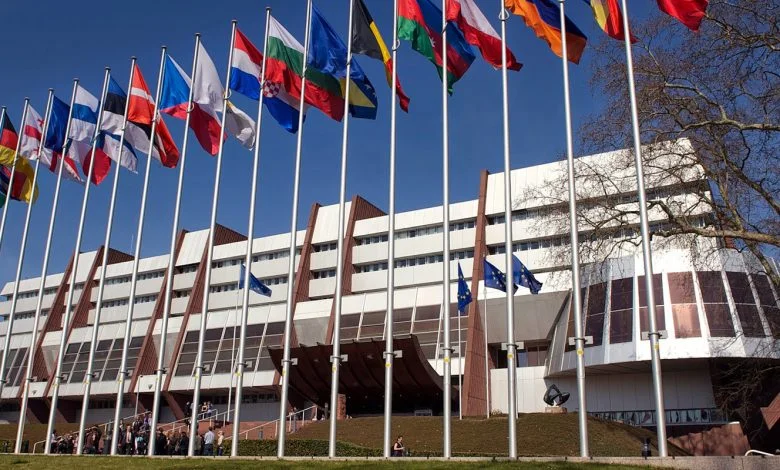
CoE Issues 23rd Report on Conflict in Georgia
The Council of Europe (CoE) issued the 23rd consolidated report on the conflict in Georgia, presented by Secretary General Marija Pejčinović Burić at the meeting of CoE Deputies. Covering the period of October 2020-March 2021, the report reviewed the security and human rights situation in the Russian-occupied Abkhazia and Tskhinvali Region/South Ossetia.
The report, citing the Georgian Government, said that the closure of crossing points with the occupied regions had a “severe” impact on the population of the Abkhazia and Tskhinvali, adding that the pandemic exacerbated the existing human rights situation.
The CoE report said that during the review period the Co-Chairs of the Geneva International Discussions remained “fully engaged” with all sides, while the participants on their part remained committed to the forum. It added that “the security situation on the ground was assessed by the Co-Chairs as relatively calm and stable.”
Regarding assistance to the occupied regions, according to the report, the UNDP, UNHCR, WHO and the International Committee of the Red Cross (ICRC) aided the Abkhaz population, while the Georgian Government supported their response to COVID-19 related challenges. The report however underlined that international engagement remained limited only to the ICRC in Tskhinvali Region/South Ossetia, with its Kremlin-backed authorities refusing Georgian-offered humanitarian assistance as well.
The report said no progress was made with regard to residents’ access to education in the Georgian language in either of the occupied regions.
State of Affairs in Abkhazia
The consolidated report noted that the “borderization” activities continued “at a steady pace” during the review period, with several such incidents reported by the Georgian Government. Also, it noted that no Gali IPRM meetings were held during the time.
The document highlighted that the closure of crossing points increased the number of attempted crossings of the dividing line by alternative routes “in insecure conditions creating occurrences of risk for life and health and bringing about instances of illegal detentions and fines.”
Detentions for such passages continued to be reported, with five such cases in January 2021 in addition to 13 in 2020, the CoE said. It also highlighted three illegal detentions in Tbilisi-controlled territory by the Kremlin-backed authorities, and the “illegal sentencing” of Irakli Bebua in Abkhazia.
Referring to medical assistance provided by Tbilisi to Abkhazia, the report said 264 COVID-19 patients, also 83 with other health complications were treated on Tbilisi-controlled territory.
The Situation in Tskhinvali Region
Recalling August-September 2019 tensions in the Chorchana-Tsnelisi area, the report said the risk of close encounters and escalation remained high in the area.
The document also stated that Ergneti IPRM meetings were resumed, with the 98th session taking place on March 5, with the sides discussing socio-economic hardships of the conflict-affected population and the cases of “pertinent” arbitrary detentions.
The Georgian Government reported 60 incidents of continued “borderization” through 2020 and 15 more so far in 2021, the report noted.
It also took note of a rise in arbitrary detentions, with 38 reported cases in September 2020-February 2021, highlighting cases of Georgian citizens Lasha Khetereli, Ramaz Begheluri and the “imprisonment” sentences delivered to Genadi Bestaev and Zaza Gakheladze. Noteworthy that Begheluri was released on April 1, after the reporting period.
According to the report, the prolonged closure of crossing points continues to impact Tskhinvali Region residents’ access to healthcare in Georgia proper. Yet, the document said, apart from exceptional crossings for medical purposes through the Akhalgori crossing point, medical evacuations from South Ossetia are possible through the remote Ergneti crossing point. In this context, it said the Georgian Government facilitated some 100 medical evacuations from Tskhinvali to Tbilisi in 2020.
Also Read:
- Council of Europe Issues 22nd Report on Conflict in Georgia
- Council of Europe Issues 21st Report on Conflict in Georgia
This post is also available in: ქართული Русский